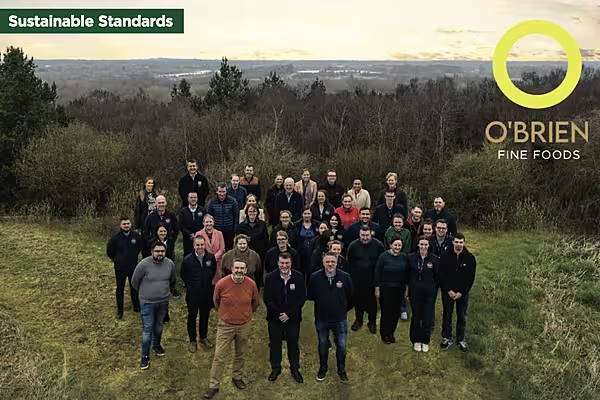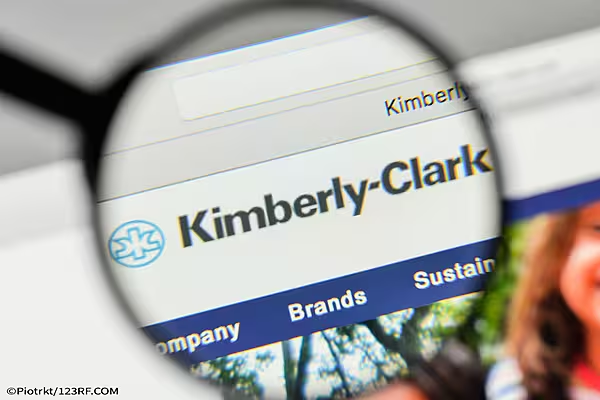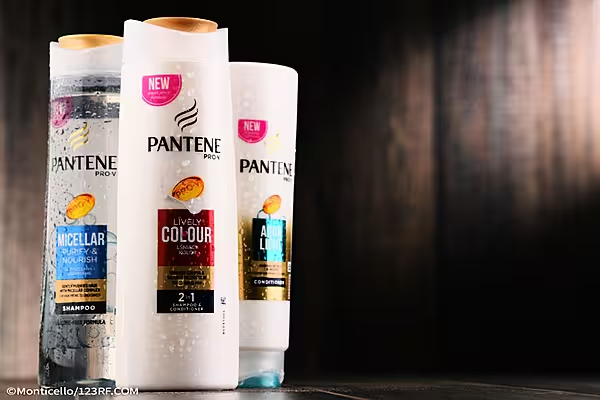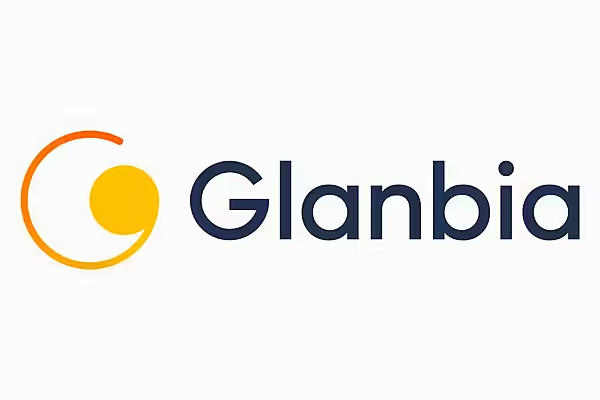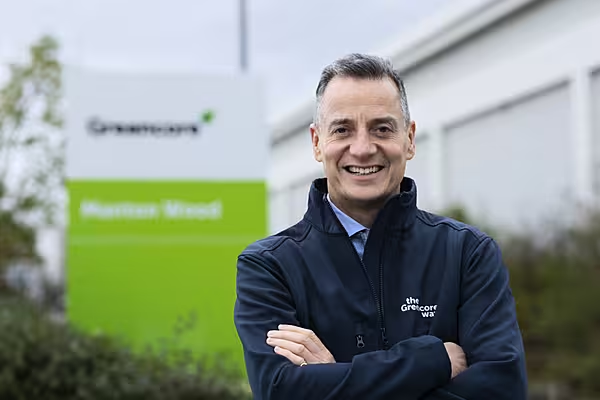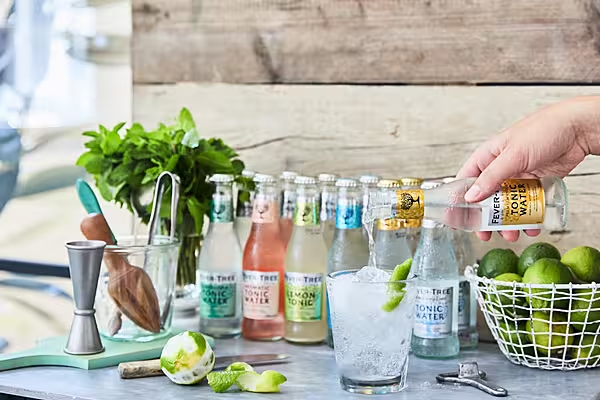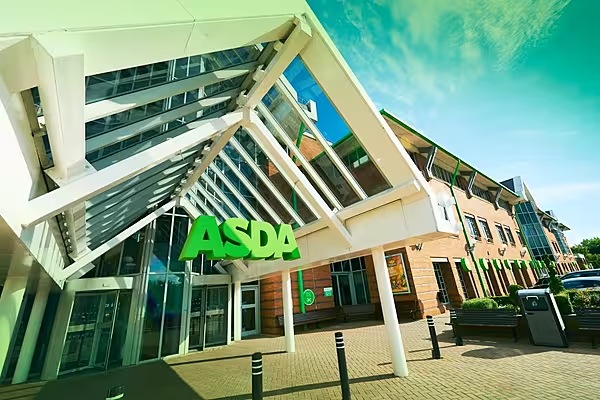O’Brien Fine Foods’ commitment to its customers has been further reinforced by its recent achievement of the prestigious B Corp certification. Managing director John O’Brien and the company’s sustainability manager, Nicholas Reynolds, explain the company’s journey to becoming a B Corp and the important role that businesses can play in creating a more sustainable society.
A respected international certification, B Corp sets and maintains high social and environmental standards for businesses to build an inclusive and sustainable economy that works for everyone.
“In 2023, O’Brien Fine Foods became a proud member of the B Corp community,” says John O’Brien. “Joining the growing B Corp community feels like a natural next step in our development.”
Why did O’Brien Fine Foods become a B Corp?
John O’Brien: Consumers have never been better informed than they are today, but they have also never been tasked with making so many decisions at every checkout. Between the cost of living, a desire to be healthier, and a drive to reduce our impact on the climate, there is a lot to balance, particularly when it comes to decisions about food.
Our fundamental belief is that we differentiate ourselves on quality. We try to do the right thing – day in, day out, week in, and week out – but then a lot of businesses say that. We wanted an independent view to test our structures and processes, and this led us to B Corp.
An independent certification of for-profit companies that is based on social and environmental performance, B Corp puts businesses through their paces to see if their promises stand up to scrutiny. It is a growing movement that pushes businesses to be a force for good. We are proud to say that we are now B Corp certified – but this is just the start.
As a food business, particularly a meat business, the onus is on us to show that we can limit our environmental impact and provide better-quality food. This is about building a sustainable business model that will be more resilient to the increasing number and frequency of shocks that are impacting industry, as well as appealing to an evermore informed consumer base.
What prompted the decision to apply for B Corp status?
John O’Brien: Around six years ago, I read John Mackey’s book, Conscious Capitalism. Mackey talked about how politicians and governments are not the ones changing the world any more, and that it must be driven by business. When I reflected on our business, I could see we were already doing a lot of what Mackey wrote about.
However, the challenge was doing those things consistently. As we reviewed our strategic plan in 2020, we wanted an independent assessment of how we were doing. We wanted to produce better-quality food and do right by all our stakeholders.
Read More: How Irish Retailers And Brands Can Start Their Sustainability Journey
How did you find the B Corp application process?
Nicholas Reynolds: B Corp seemed the best assessment of where we are at in that journey. It turned a mirror back onto us. What are our weaknesses? What are the gaps? How do we develop the systems to be more resilient? B Corp touches every aspect of sustainability – from governance practices to people, the environment, and our wider supply chain. I don’t think anyone in our office was not involved.
Becoming a B Corp was by no means smooth sailing. It took us 18 months to go through the impact assessment. We faced questions on every facet of our work, but our business came out of the process as a more resilient, more sustainable, and more focused operation. This is just the start. We cannot rest on just a single certification. B Corp will be back on our doorstep soon, to check our progress, and that is how it should be.
How does O’Brien Fine Foods embed this approach into the business?
John O’Brien: Business success and being a good corporate citizen are linked. You need to have an internal belief structure that guides what you do. We are here to improve the quality of the cooked-meats category. That was a shared belief between Ossie Brady, the original owner, and my father, Bill, when he became involved in 2000. That means taking a longer-term view. If we do the right thing – even if it sometimes costs us money in the short term – we will still be standing.
Some business models require a company to live by short-term quarterly metrics and deliver an outlay for shareholders within a short window. As a family business, we take a different view. Our outlook is not just about the next five years – it is about where we will be in 2040.
How does this apply to your day-to-day work?
John O’Brien: We look at that through a prism of four key headings: purpose, people, revenue and profit. This is how we talk about things in our weekly meetings. It has become the language of the business and how we look at our decisions, even when those decisions are difficult. Pre-2012, within our branded business, we were probably guilty of trying to be all things to all people. We had value products, we did everyday products, and we did premium products. We needed to focus on one thing: a quality, healthier and premium product.
Aligning everything to that has been one of our best decisions. This required us to change how we worked, sell some parts of our portfolio that no longer quite fit, and link up with some brands that could help us accelerate. We pivoted into white meat, and through some key acquisitions, our business went from being 99% pork to 65% pork and 35% poultry.
The past few years have been very difficult for many businesses. How can you balance everyday challenges with being a better corporate citizen?
John O’Brien: Within the business world, you often hear the term VUCA. It stands for volatility, uncertainty, complexity and ambiguity, which feels like a very apt description of the constant, unpredictable change that is now the norm. Between the climate crisis, Brexit, the pandemic, and war in Europe, I have seen more volatility in the food business over the last four years than I have in the previous 20. That is not going to change, and to face these challenges, we need to be the best version of ourselves, to be sustainable, and to expand to a longer horizon.
Do you think that other businesses should consider becoming a B Corp?
Nicholas Reynolds: B Corp did not just help us reflect. It helped us become more resilient. It gave us an action list – one that we can use to see where we can improve to be a better company, a better citizen, and have a bigger impact. For anyone considering joining the movement, do not be intimidated by it and do not fear it. As more of us work towards balancing profit with people and the planet, we can build an inclusive and sustainable economy – one that works for everyone.
Read More: 9 Sustainability Trends To Watch Out For In Irish Supermarkets In 2024
